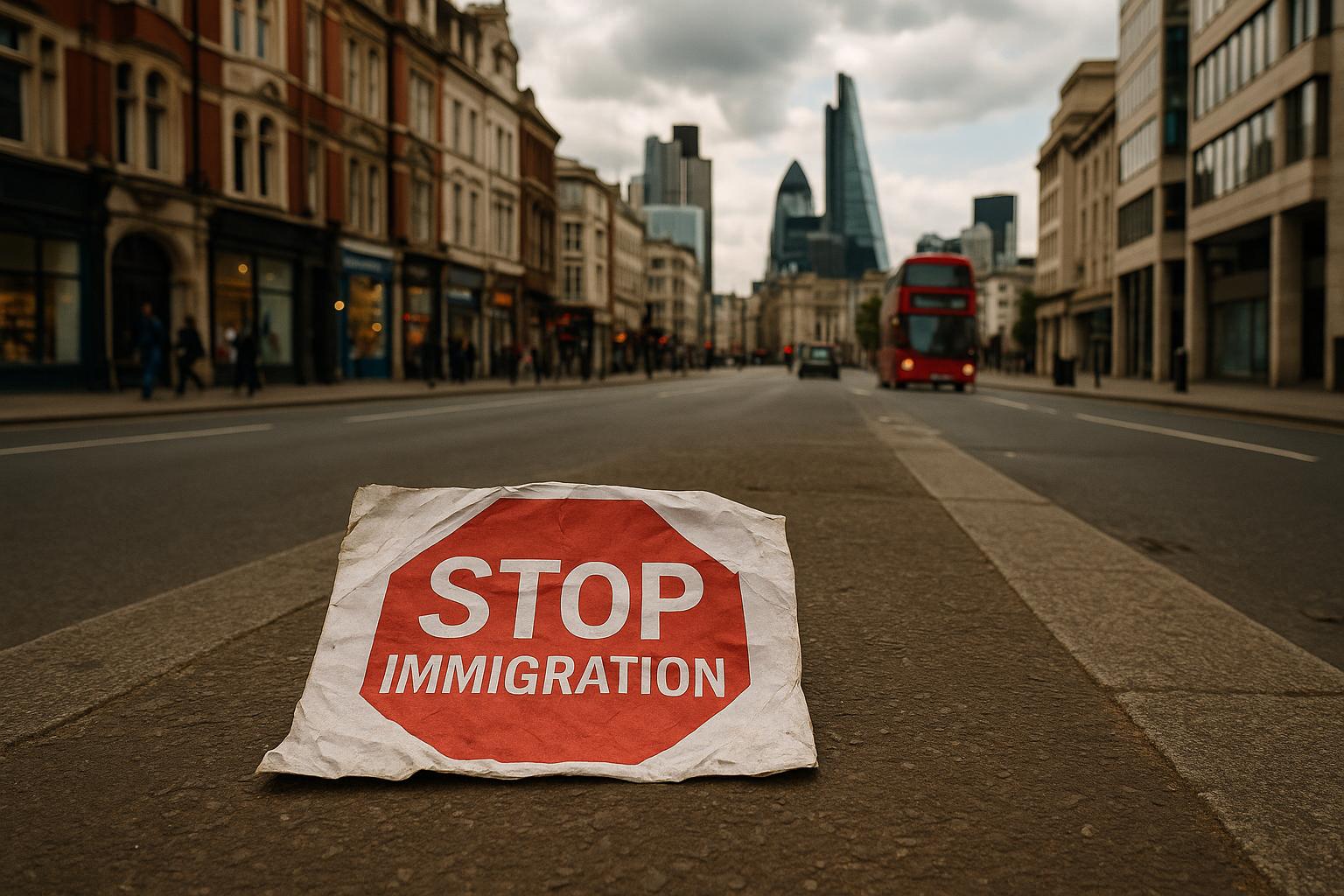A tense exchange unfolded on the radio between a British expatriate living in Australia and LBC host Lewis Goodall over the topic of immigration, highlighting the complexities and sensitivities surrounding migration debates in both countries. The caller, Roger, proudly claimed that Australia had “stopped the boats” and distinguished Australian immigration policies from those of the UK by asserting, “we don’t let them in over here.” However, Goodall swiftly reminded him that Roger himself was an immigrant, prompting Roger to falter and backtrack on his comments live on air, conceding, “You’re not wrong, I’ll take it back but you know what I mean, don’t you?” The interaction left Goodall unpersuaded, saying, “I don’t know if I do to be honest Roger. No.”
The exchange sparked a divided response from listeners. Some accused Roger of expressing racist views, while others felt Goodall misunderstood the caller’s attempt to differentiate legal immigration from unauthorized arrivals. One listener questioned whether “white” immigrants were being excluded from the immigrant label by critics, while another distinguished between immigrants with official documentation and illegal entrants. This incident comes amid ongoing political friction over migration in Australia and the UK, where immigration remains a contentious issue shaping public discourse and party politics.
Australia experienced significant anti-immigration protests in late August, with thousands rallying in major cities such as Sydney and Melbourne under the banner of “March for Australia.” These demonstrators voiced concerns that Australia’s historic migrant intake was exacerbating the cost-of-living crisis and putting pressure on infrastructure and housing. The center-left Labor government condemned the rallies as divisive and accused some groups of neo-Nazi links, with senior ministers denouncing the events as spreading hate rather than unity. Counter-protests organised by groups such as the Refugee Action Coalition also took place, underscoring how immigration debates can sharply polarise communities.
Meanwhile, in the UK the political battleground has been defined by rising anxieties over asylum seekers crossing the English Channel. The Reform UK party, led by former Brexit figure Nigel Farage, has capitalised on these concerns with a hardline anti-immigration platform. Farage recently unveiled a plan advocating the UK’s withdrawal from the European Convention on Human Rights, the repeal of the Human Rights Act, and the mass deportation of unauthorized migrants, including women and children. He warned that failure to act could lead to “major civil disorder,” describing the current influx as an “invasion.” Farage claims such measures are necessary to protect public order and relieve pressure on public services amid surging migrant arrivals and public unrest over housing asylum seekers in hotels.
The Reform UK party’s rapid growth in opinion polls has put pressure on the Labour Party, with its leader Keir Starmer urging his party to unite in combating the populist threat. Speaking at Labour’s annual conference, Starmer denounced Reform UK’s policies as “racist” and called defeating the party the “fight of our lives.” Despite not facing a general election until 2029, Starmer is also contending with internal leadership challenges. The political tension around immigration in both nations has intensified further following large-scale protests— including a major anti-immigration protest in central London earlier this month that reportedly drew around 150,000 participants.
Adding another dimension, Australian Prime Minister Anthony Albanese recently appeared in London alongside Starmer at a summit discussing the influence of populist opposition parties like Reform UK. Albanese also addressed the UK Labour conference, a move criticised by opposition politicians back home who argued that he overstepped by giving partisan support to a foreign political party. Despite these criticisms, the interactions underline how migration policies and nationalist sentiments are increasingly interconnected across countries with shared historical ties.
The intersection of protest movements, political leadership battles, and media confrontations over immigration reveal a landscape where identity, security, and economic anxiety collide. The contrasting experiences in Australia and the UK show how migration—whether legal or irregular—remains a potent issue that shapes public debate, electoral politics, and social cohesion in ways both complex and contentious.
📌 Reference Map:
- Paragraph 1 – [1]
- Paragraph 2 – [1], [6]
- Paragraph 3 – [6], [1]
- Paragraph 4 – [3], [5]
- Paragraph 5 – [2], [1]
- Paragraph 6 – [1], [2]
- Paragraph 7 – [1], [6]
Source: Noah Wire Services
